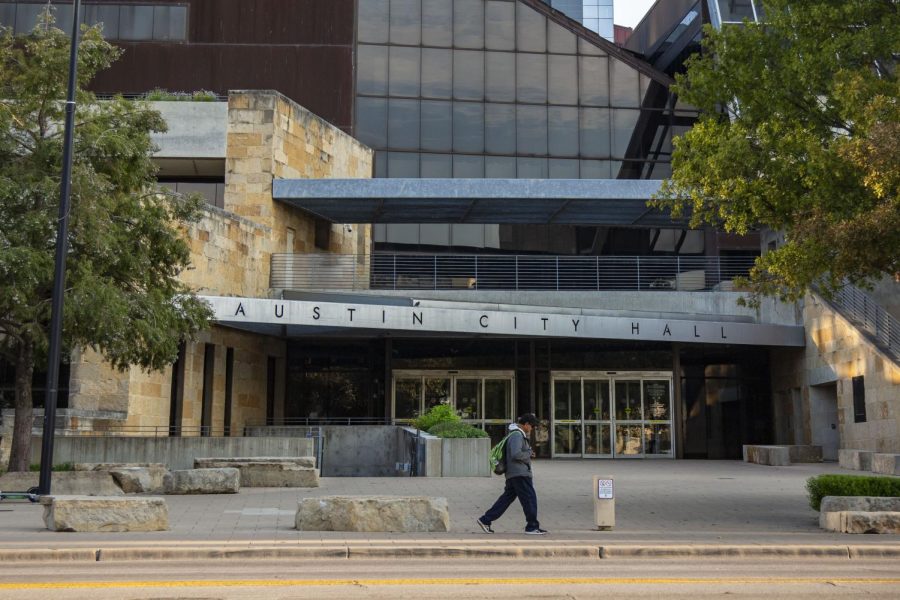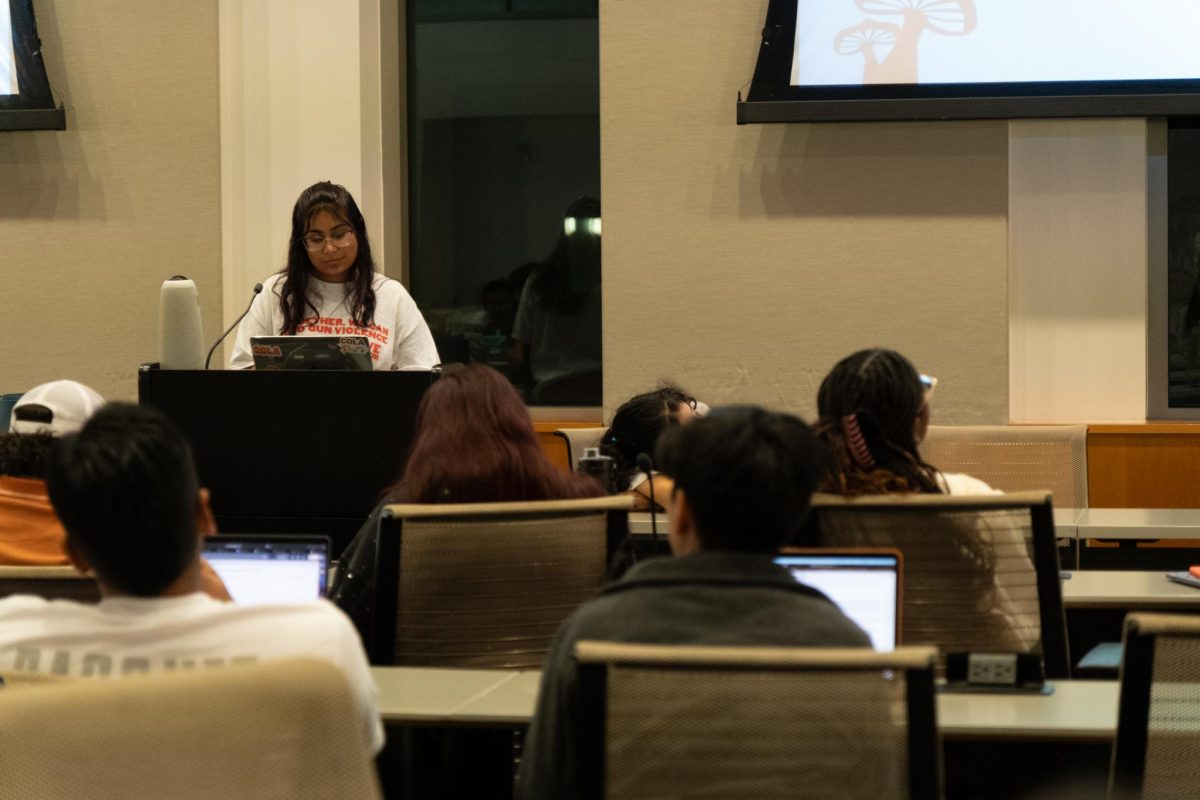The Austin City Council discussed 196 items on July 20, including modifying SMART housing policies, reducing the city’s oversight in the watershed department and increasing infrastructure for middle-class housing.
The city of Austin’s Safe, Mixed-Income, Accessible, Reasonably Priced,Transit Oriented program, known as SMART, provides fee waivers for permanent development, but the constant addition and renaming of fees complicate the process of identifying which fees are waived. Sponsored by Council Member Jose Velásquez, Item 129 aims to simplify this by specifically naming the non-waived fees rather than the waived fees.
“The SMART housing program was intended to provide expedited review and fee waivers for affordable housing developments,” Velásquez said. “Unfortunately, it’s fallen short as it currently stands.”
With some requirements, all University Neighborhood Overlay developments are eligible for SMART housing incentives. University students qualify for SMART Housing through need-based financial aid or income requirements. Item 129 passed.
Item 126 addresses Austin’s affordability change by modifying site development regulations. At least a dozen homeowners spoke against the item at the meeting, including Nicole Man and Julia Woods, who said it focused on removing or remodeling current infrastructure, making neighborhoods less affordable and pushing people out of their homes.
“(Homeowner’s) property values will soar, their taxes will soar and you’ll find many of the older residents priced out of their neighborhoods,” Woods said. “This is a gentrification provision.”
Council Member Leslie Pool, who sponsored Item 126, said it will provide more housing opportunities for the middle class. Item 126 passed.
The council passed Item 156 for a safe fencing code amendment after hearing from Julie Damien, who said her son, Kade, died after getting stuck in a fence he was climbing in 2018. Two pickets on the fence trapped his head and neck while his feet were unable to reach the ground.
“Kade died less than five minutes after having a PB&J in the kitchen with his brothers after school,” Damien said. “In less than five minutes, our lives were changed forever.”
Since then, Damien has pushed for safer fencing. Pool thanked Damien for her efforts to save other families from this type of tragedy.
Item 125 makes it optional for the council to approve Service Extension Requests, which are filed by landowners to request water services to a property. During her service in the Flood Mitigation Task Force in 2013 and 2014, resident Ana Aguire said she stopped the addition of a water line to a high-water quality zone.
“If not for this bidding process, Austin residents will have no say on critical environmental issues such as this,” Aguire said.
Katie Coyne, city of Austin environmental officer and assistant director for the Watershed Protection Department, said Item 125 would not strengthen environmental protection and oversight helped in the past. The council postponed Item 125 until the Aug. 31 meeting.




















